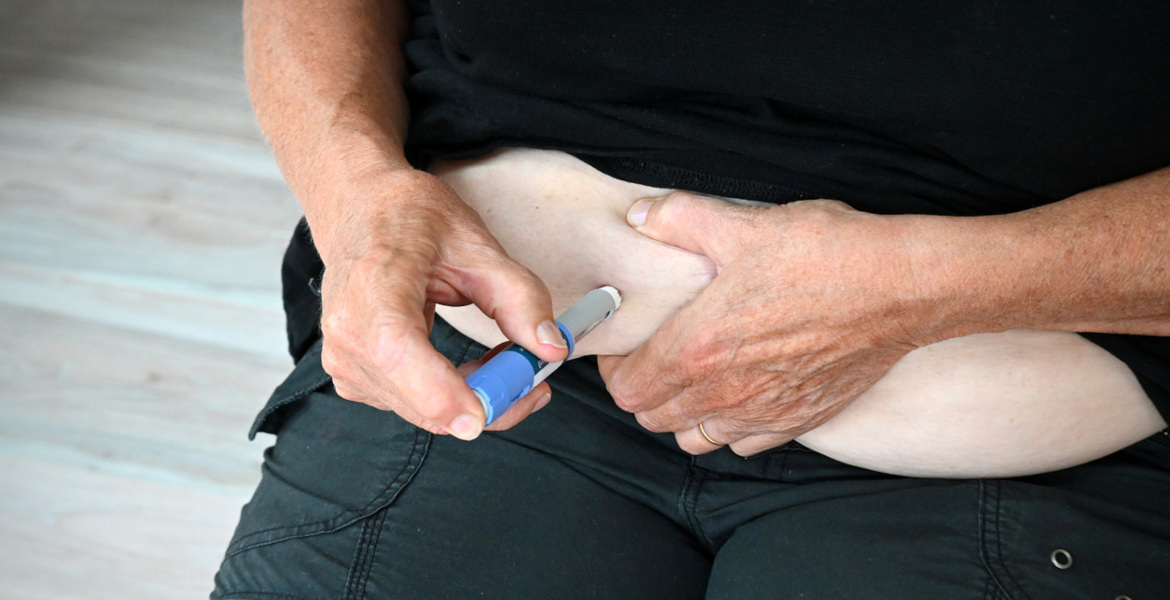An international study of more than 1,700 women shows that more than 90% of those trying to conceive lack essential vitamins – mainly found in meat and dairy products. Researchers also warn that the trend towards plant-based diets could exacerbate the problem.
The study, conducted in the UK, New Zealand and Singapore, found that around 90% of women trying to conceive had low levels of key nutrients.
The women, aged between 18 and 38, were selected as part of the so-called NiPPeR study, an international study investigating whether combinations of nutrients and probiotics before and during pregnancy can improve the health of mothers and their babies.
Most of the products tested lack nutrients essential for healthy fetal growth, which are mainly found in common meat and dairy products.
Dietary supplements
To address these deficiencies, participants were randomly assigned to receive either standard vitamins or a fortified version with additional nutrients and probiotics. The results showed a significant improvement, but optimal levels were still not always achieved.
Professor Asma Khalil of the Royal College of Obstetricians and Gynaecologists is concerned that up to 90% of women had low vitamin levels. She stresses the need for preconception health and over-the-counter pregnancy supplements in moderation.
– This underscores the critical need for preconception and pregnancy supplementation, in amounts that can be bought over the counter, says Asma Khalil.

The authors of the study stress the need for a combined approach to the problem. This includes a nutritious diet, over-the-counter supplements, and individualization based on health status.
Commenting on the findings, professor Keith Godfrey, an epidemiologist at the University of Southampton and lead author of the study, warned that the problem could worsen with the increasing popularity of plant-based diets, which often lack vitamins B12 and D.
– We were surprised at how common low or marginal status was for these micronutrients. For the individual, the simple answer is that unless you’re following a really high-quality diet, you may need to consider taking a supplement.








